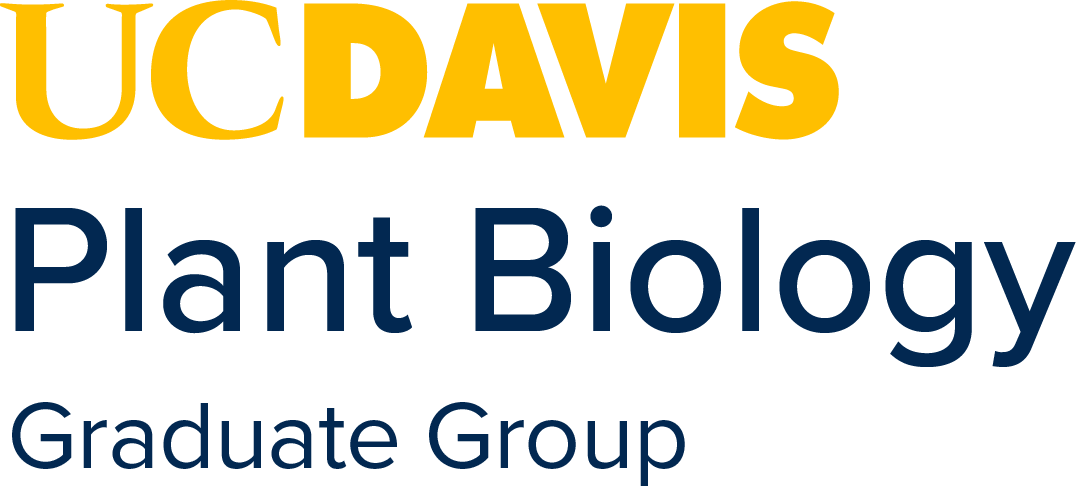You application will be evaluated by a committee of faculty from the PBGG. Here are a few things that the Admissions Committee consider when assessing your application:
- Your Undergraduate and Graduate GPA. Rarely will you be accepted into the PBGG with a GPA of less than 3.0, and the average is higher than this. Good grades in upper division courses and subjects related to the graduate program of interest are more important than those in other subjects. Extenuating circumstances that affected your overall GPA can be outlined in your Personal History.
- Research experience. Most applicants have laboratory experience prior to applying to Graduate school. Working independently on a discrete research question is ideal. You should be knowledgeable about the research you conducted, the hypothesis tested and the rationale for the approach taken. This is better than simply being familiar with lab techniques.
- Recommendations made by your References. Seek individuals who can comment on your research such as a Research supervisor (preferred) and academic ability e.g. a course Professor, in the letter of recommendation (LOR).
- Evidence of publication and presentation of your research data. This would enhance your application but will not be decisive factor in acceptance. If you are currently in the final year of your undergraduate degree look for all opportunities to present and publish your work.
- Your academic and professional goals. This can sometimes indicate if you have the ‘right’ motivation for graduate school, are realistic in what can be accomplished, and if the PBGG is the right fit for you.
- Evidence of active participation in lab meetings and graduate level seminar courses. This may be highlighted in your statement of purpose, or by your Professor in one of the LORs.
- Your ability to write. Your statement of purpose and personal history may convey this, but comments from your Recommender may also be helpful.
Please note: this is not a checklist that determines acceptance. The factors controlling admissibility are complex and do not follow a strict formula.
Good academic grades and solid research experience are important, as they may indicate your scholastic aptitude and potential for scientific research, but the PBGG Admissions Committee will consider all the parts of your application in making a decision.
Scores on standardized tests are not definitive: do not obsess over your grades. Your personal statement and the letters of recommendations are extremely important to the Admissions Committee, as they communicate who you are as a potential student, so pay attention to these.
In exceptional cases, lower grades and scores may be offset with extensive research experience especially in an area that a faculty member may value. Still, research experience is not an automatic substitute for poor grades. The PBGG program of study is broad and rigorous. We need evidence that you will be able to thrive in that environment.
If there are weaknesses in your undergraduate preparation or you have concerns about the commitment required for a Ph.D., it may be wise to apply for a Master’s program and use that as a launchpad for a Ph.D. later. If you have questions please contact Amanda Haydon Turner; ahturner@ucdavis.edu.
